Son though he was, he learned obedience from what he suffered; and when he was made perfect, he became the source of eternal salvation for all who obey him… (Hebrews 5:8-9)
What Jesus accomplished is now “the way” that His mystical Body, the Church, must follow.
For the mysteries of Jesus are not yet completely perfected and fulfilled. They are complete, indeed, in the person of Jesus, but not in us, who are his members, nor in the Church, which is his mystical body.—St. John Eudes, treatise “On the Kingdom of Jesus”, Liturgy of the Hours, Vol IV, p 559
Thus, wrote Servant of God Fr. Walter Ciszek, S.J.:
“All creation,” said St. Paul, “groans and labors up till now,” awaiting Christ’s redemptive efforts to restore the proper relationship between God and his creation. But Christ’s redemptive act did not of itself restore all things, it simply made the work of redemption possible, it began our redemption. Just as all men share in the disobedience of Adam, so all men must share in the obedience of Christ to the Father’s will. Redemption will be complete only when all men share his obedience… —He Leadeth Me (San Francisco: Ignatius Press, 1995), pp. 116-117
Hence it follows that to restore all things in Christ and to lead men back to submission to God is one and the same aim. —POPE ST. PIUS X, E Supremi, n. 8
And so we pray daily, “Thy Kingdom come, Thy Will be done on earth as it is in Heaven.” And when it comes, when it is fulfilled in the Church, it will quiet the groaning of creation and restore to a certain degree the harmony that was broken between Adam and God. Thus, it is through sharing in Christ’s obedience that we regain true sonship, with cosmological ramifications and…
…is the full action of the original plan of the Creator delineated: a creation in which God and man, man and woman, humanity and nature are in harmony, in dialogue, in communion. This plan, upset by sin, was taken up in a more wondrous way by Christ, Who is carrying it out mysteriously but effectively in the present reality, in the expectation of bringing it to fulfillment… —POPE JOHN PAUL II, General Audience, February 14, 2001
With that, we turn to a simple but profound explanation by Jesus why even the smallest acts done in His Divine Will are “divine acts”, and the most pleasing of all…
Our Lord Jesus to Servant of God Luisa Piccarreta on September 4, 1927:
My daughter, the littlest motion, even the littlest breath done in the Divine Will, is all of God; and because it is His own, He finds in it everything that is His. In the act done in my Divine Fiat He finds divine sanctity, He finds His light, He finds His goodness, His love, His power; that act lacks nothing of what belongs to God. Therefore, they can be called divine acts, which are the most beautiful, the holiest and the most welcome; and before these acts, all other acts, as good as they may be, lose their value, their taste, and can never please Me. It happens as to a lord, who is extremely rich; he possesses riches, gardens, farms with the most beautiful fruits, which no one can equal. Now, since this lord knows that no one else has fruits and good things like his own, if his sons or his servants bring him the fruits of his own gardens, he appreciates them, he enjoys them with love, eating of them to his fill; but if they bring him fruits from someone else’s farms, he will not enjoy them, because he will immediately notice the difference; he will find them defective, unripe and disgusting, and will lament to his own for they dared to bring him things and fruits which are not his. The same happens to Us: everything that is done in Our Divine Will is Our own – the fruits of Our boundless farms; and because they are Our own things, We find nothing in them which is unworthy of Our Divinity; and therefore We take all delights in receiving them. On the other hand, what is done outside of Our Divine Will is something extraneous to Us, it lacks the divine imprint, it is without the fullness of tastes, of light, of sanctity, of sweetness. Even in the most good things, the human will always puts the unripe part, which ruins the taste of the most beautiful things; and so, seeing that those are not things from Our farms, the fruits of Our Divine Will, We put them aside, and many times We do not even look at them. Therefore, I recommend to you: let nothing escape you which does enter the light of my Supreme Will, so that everything may be Our own and highly pleasing to Us. —Vol. 22

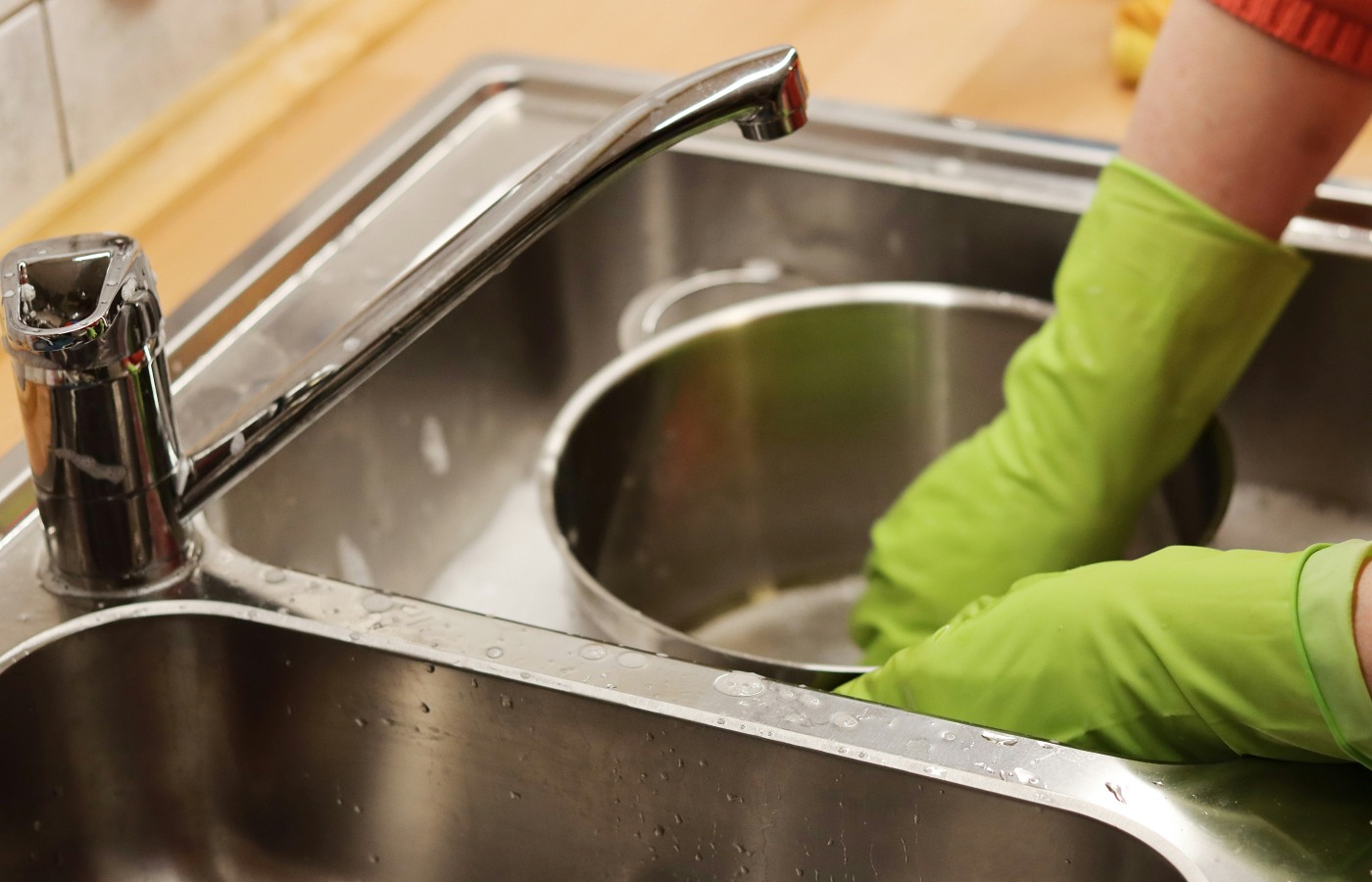

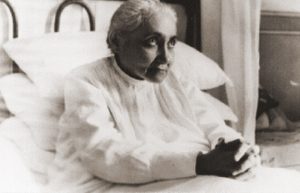 Why the Servant of God Luisa Piccarreta?
Why the Servant of God Luisa Piccarreta? of the saints. It wasn’t until she became a “Daughter of Mary” that the nightmares finally ceased at the age of eleven. In the following year, Jesus began to speak interiorly to her especially after receiving Holy Communion. When she was thirteen, He appeared to her in a vision that she witnessed from the balcony of her home. There, in the street below, she saw a crowd and armed soldiers leading three prisoners; she recognized Jesus as one of them. When He arrived beneath her balcony, He raised his head and cried out: “Soul, help Me!” Deeply moved, Luisa offered herself from that day on as a victim soul in expiation for the sins of mankind.
of the saints. It wasn’t until she became a “Daughter of Mary” that the nightmares finally ceased at the age of eleven. In the following year, Jesus began to speak interiorly to her especially after receiving Holy Communion. When she was thirteen, He appeared to her in a vision that she witnessed from the balcony of her home. There, in the street below, she saw a crowd and armed soldiers leading three prisoners; she recognized Jesus as one of them. When He arrived beneath her balcony, He raised his head and cried out: “Soul, help Me!” Deeply moved, Luisa offered herself from that day on as a victim soul in expiation for the sins of mankind. immobile, rigid-like state that appeared almost as if she were dead. It was only when a priest made the sign of the Cross over her body that Luisa regained her faculties. This remarkable mystical state persisted until her death in 1947—followed by a funeral that was no little affair. During that period in her life, she suffered no physical illness (until she succumbed to pneumonia at the end) and she never experienced bedsores, despite being confined to her little bed for sixty-four years.
immobile, rigid-like state that appeared almost as if she were dead. It was only when a priest made the sign of the Cross over her body that Luisa regained her faculties. This remarkable mystical state persisted until her death in 1947—followed by a funeral that was no little affair. During that period in her life, she suffered no physical illness (until she succumbed to pneumonia at the end) and she never experienced bedsores, despite being confined to her little bed for sixty-four years. Alicja Lenczewska
Alicja Lenczewska

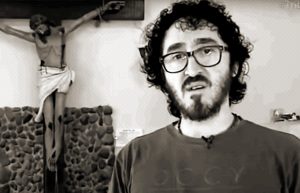
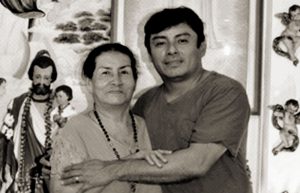
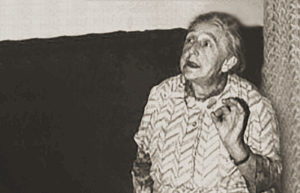 Elizabeth Kindelmann
Elizabeth Kindelmann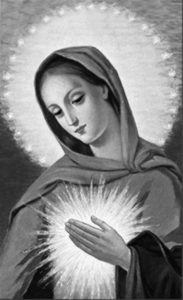 Through what became The Spiritual Diary, Jesus and Mary taught Elizabeth, and they continue to instruct the faithful in the divine art of suffering for the salvation of souls. Tasks are assigned for each day of the week, which involve prayer, fasting, and night vigils, with beautiful promises attached to them, laced with special graces for priests and the souls in purgatory. In their messages, Jesus and Mary say that The Flame of Love of the Immaculate Heart of Mary is the greatest grace given to mankind since the Incarnation. And in the not-so-distant future, her flame will engulf the entire world.
Through what became The Spiritual Diary, Jesus and Mary taught Elizabeth, and they continue to instruct the faithful in the divine art of suffering for the salvation of souls. Tasks are assigned for each day of the week, which involve prayer, fasting, and night vigils, with beautiful promises attached to them, laced with special graces for priests and the souls in purgatory. In their messages, Jesus and Mary say that The Flame of Love of the Immaculate Heart of Mary is the greatest grace given to mankind since the Incarnation. And in the not-so-distant future, her flame will engulf the entire world.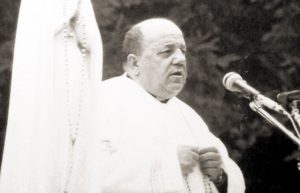 Father Stefano Gobbi
Father Stefano Gobbi Why Gisella Cardia?
Why Gisella Cardia? Thirdly, the messages have frequently been accompanied by visible phenomena, photographic evidence found in In Cammino con Maria, which cannot be the fruit of subjective imagination, notably the presence of the stigmata on Giselle’s body and and the appearance of crosses or religious texts in blood on Gisella’s arms. See the pictures taken from her apparition website
Thirdly, the messages have frequently been accompanied by visible phenomena, photographic evidence found in In Cammino con Maria, which cannot be the fruit of subjective imagination, notably the presence of the stigmata on Giselle’s body and and the appearance of crosses or religious texts in blood on Gisella’s arms. See the pictures taken from her apparition website 
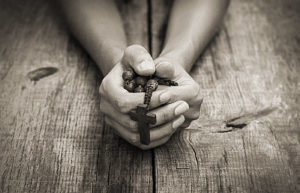 Jennifer
Jennifer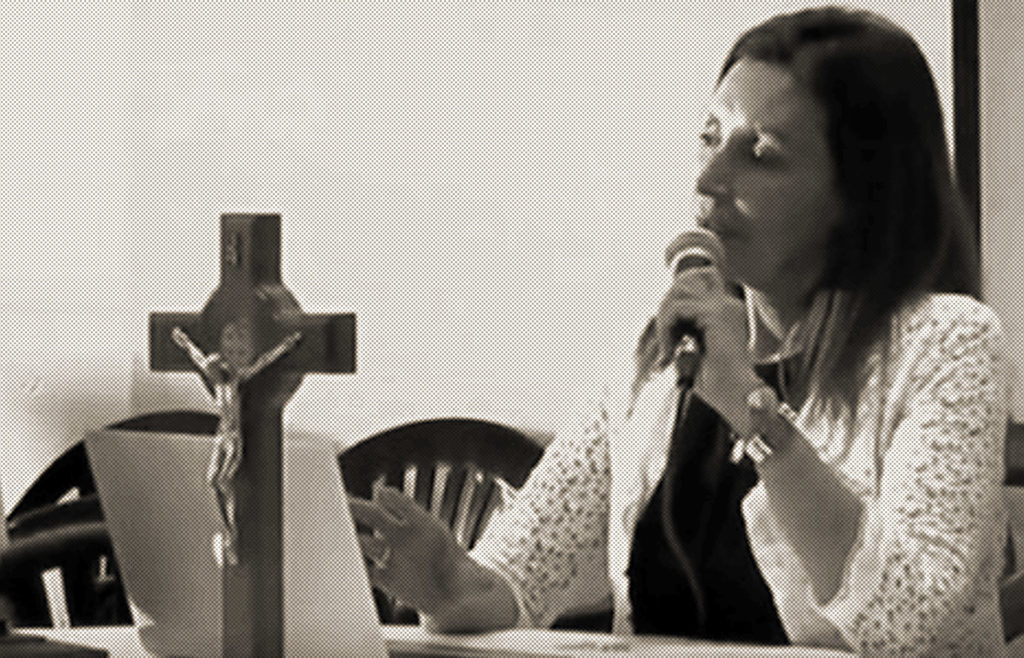
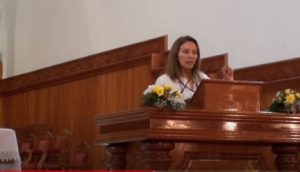
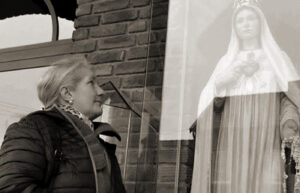 Why Manuela Strack?
Why Manuela Strack?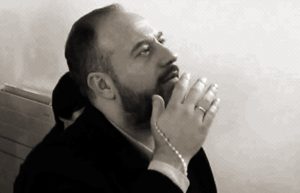

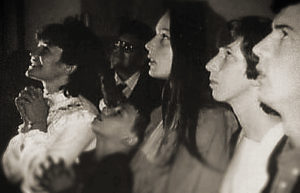 Why the Visionaries of Our Lady of Medjugorje?
Why the Visionaries of Our Lady of Medjugorje? Why Pedro Regis?
Why Pedro Regis?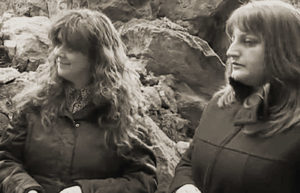 Why Simona and Angela?
Why Simona and Angela?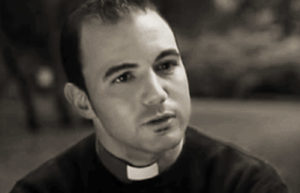
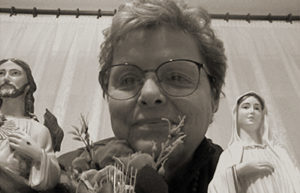 Valeria Copponi
Valeria Copponi